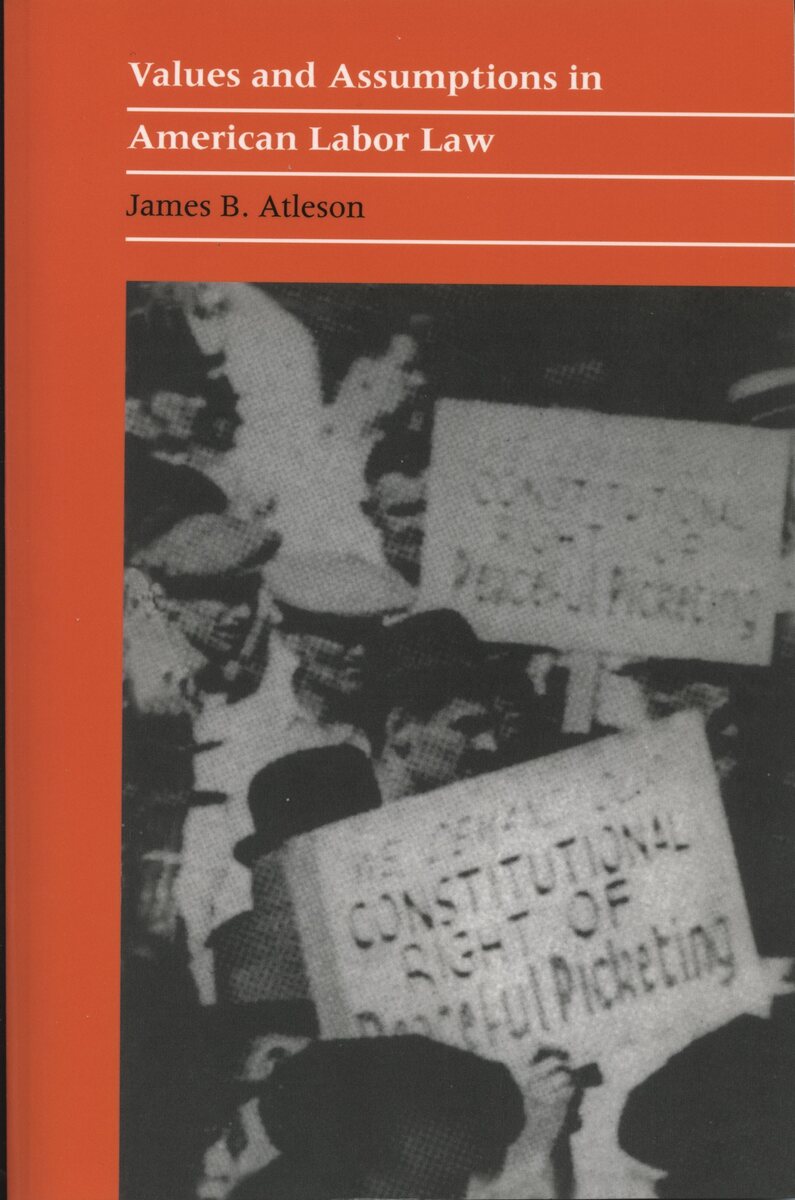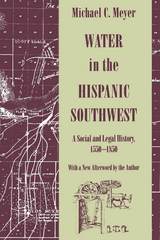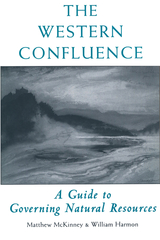Values and Assumptions in American Labor Law
University of Massachusetts Press, 1983
Paper: 978-0-87023-390-6
See other books on: Assumptions | Law | Legal History | Social Science | Values
See other titles from University of Massachusetts Press
Paper: 978-0-87023-390-6
ABOUT THIS BOOK | AUTHOR BIOGRAPHY | REVIEWS
ABOUT THIS BOOK
Chosen as a Lawyer's Literary Club Selection, this book looks behind stated legal rules and doctrines in the field of labor law to clearly formulate the often hidden values and assumptions that motivate those who make labor law decisions. The author demonstrates that the "received wisdom" in labor law, which is that decisions are based on analyses of the rational implications of statutory policy, language, or legislative history, fails to account for the actual history of decision-making, particularly the interpretation of the Wagner Act of 1935 that established collective bargaining and the National Labor Relations Board. Through close interpretation, Atleson shows the legal decisions that have been reached are better explained by such factors as notional of inherent property rights, the need for capital mobility, and the interest in continued productivity.
See other books on: Assumptions | Law | Legal History | Social Science | Values
See other titles from University of Massachusetts Press












